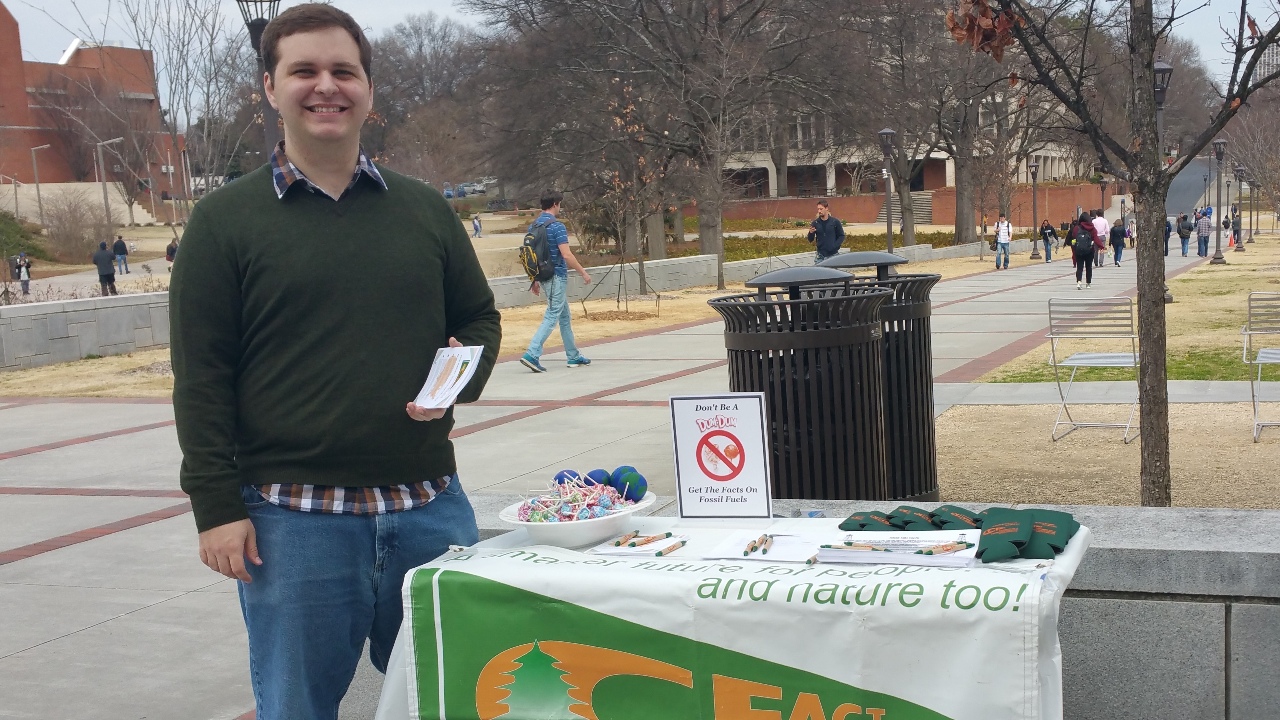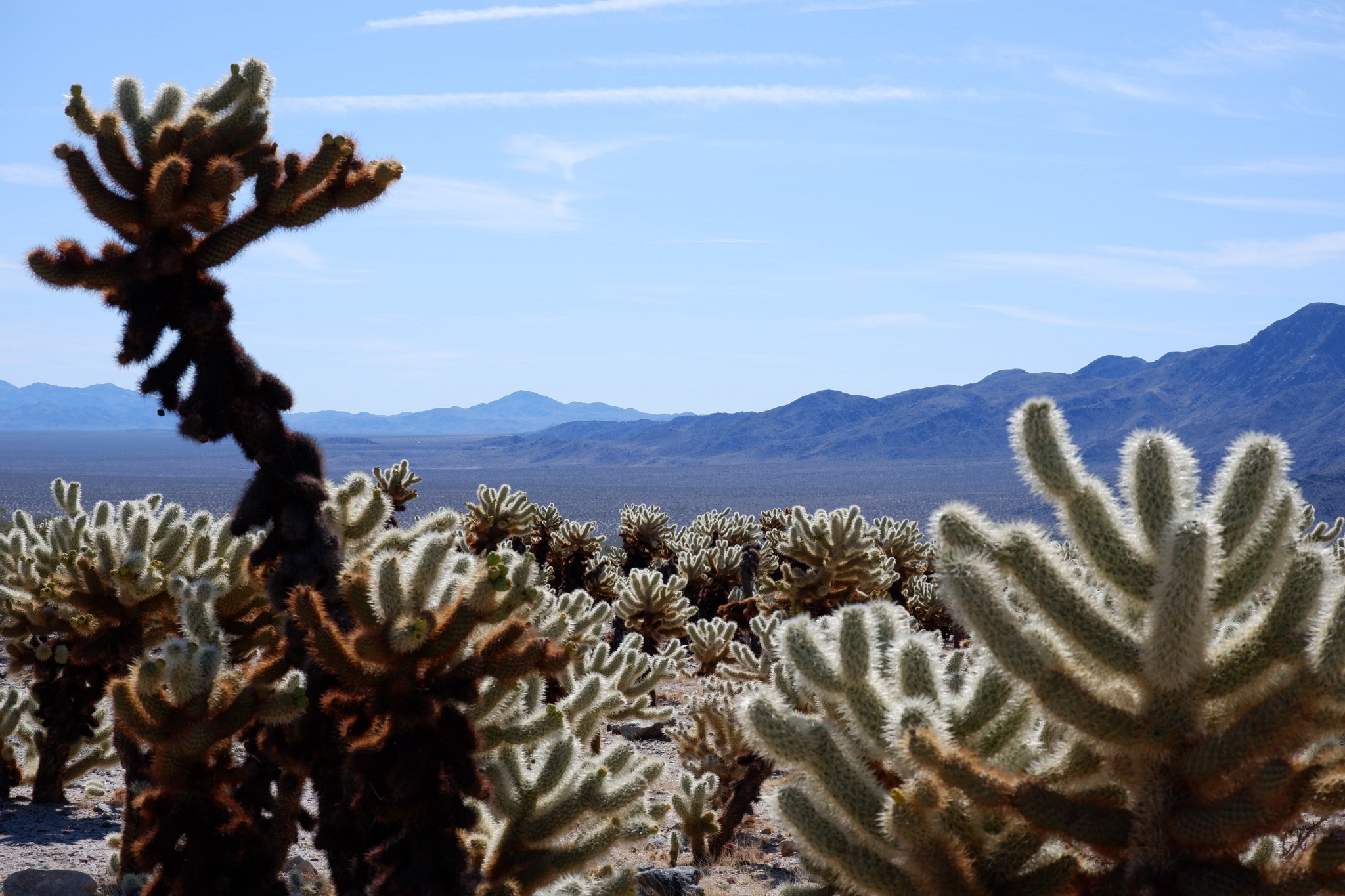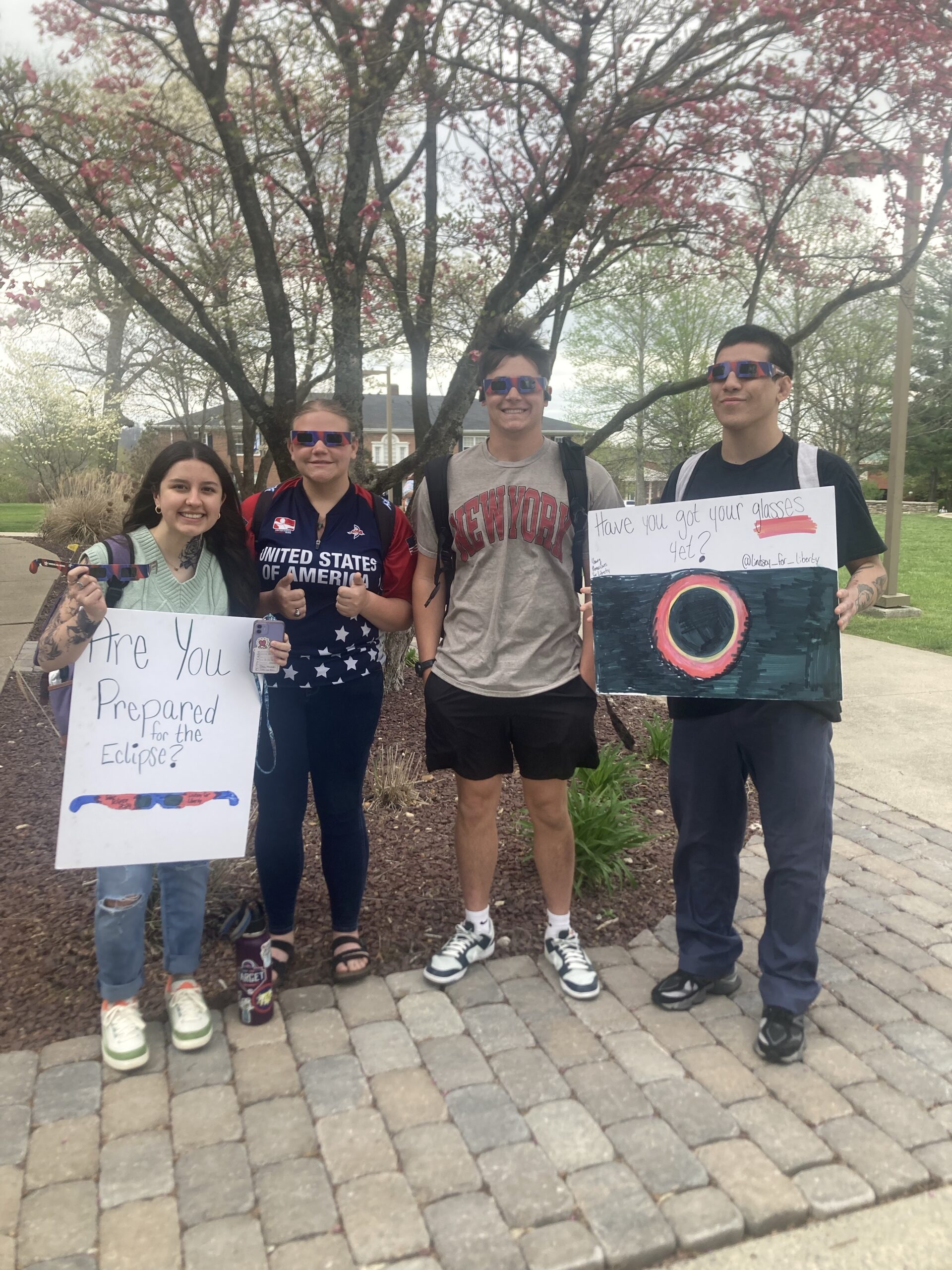CFACT has been busy in Georgia, and on Monday and Tuesday CFACT field staff visited Georgia Tech. Monday was the perfect day to host a table on Georgia Tech’s campus. The students spent most of the day on campus, spreading our unique blend of conservative, free market-based environmentalism.
The Georgia Tech CFACT chapter held a “Don’t be a Dum Dum, Get the Facts on Fossil Fuels” event. While students may have initially stopped for the candy, many stayed for the facts. One student said “while renewable energy is important, our economy depends on fossil fuels, and it would be really bad for our economy if the government forced us to switch to them.” Many other students were excited to find a group that loves both the free market and the environment. Another student said “you guys are right up my alley, as an econ major I love the free market, and it is awesome to see a group using the free market to save the environment.”
The next day’s tabling event was sidelined because of an unexpected guest at Georgia Tech: President Barack Obama. However, CFACT didn’t standby idly. Hundreds of people were lined up to see the president, and we took the time to talk to them about energy. Many of the students we spoke with were surprisingly in line with CFACT’s beliefs. While they believed renewable energy sources are important, many said it is important they be ready before they are forced on the United States. One student said “renewables are really important for our future, but before we start using them we have to make them competitive. Until renewables are ready, the safe use of fossil fuels is the way to go.”
Georgia Tech students also polled the people waiting to see the president, asking them if they agreed with the president’s veto of the Keystone Pipeline. Sadly, a majority of the people waiting to see the president agreed with him, but there were rays of hope. One student bristled when asked about the Keystone Pipeline veto, and angrily replied “No! I do not support the president’s veto. The only reason he vetoed the pipeline was because he wanted to put partisan politics above the needs of our economy and the environment.”





